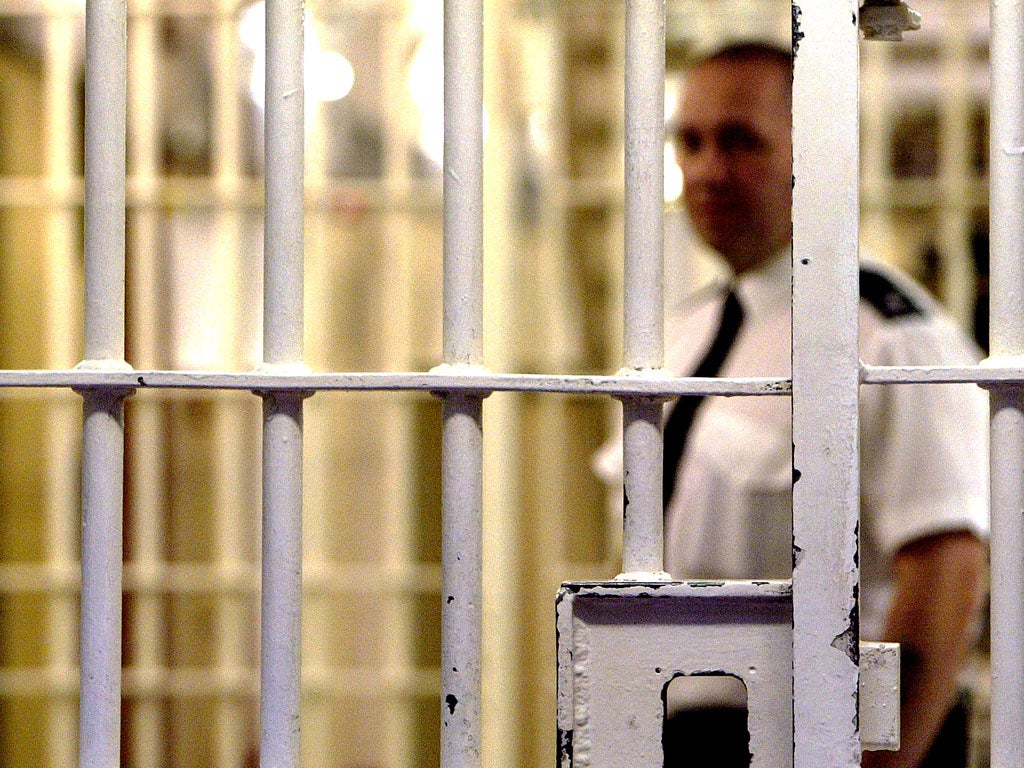Not on my watch: David Cameron defies Attorney General Dominic Grieve and insists prisoners will NOT get the vote under this Government

Your support helps us to tell the story
From reproductive rights to climate change to Big Tech, The Independent is on the ground when the story is developing. Whether it's investigating the financials of Elon Musk's pro-Trump PAC or producing our latest documentary, 'The A Word', which shines a light on the American women fighting for reproductive rights, we know how important it is to parse out the facts from the messaging.
At such a critical moment in US history, we need reporters on the ground. Your donation allows us to keep sending journalists to speak to both sides of the story.
The Independent is trusted by Americans across the entire political spectrum. And unlike many other quality news outlets, we choose not to lock Americans out of our reporting and analysis with paywalls. We believe quality journalism should be available to everyone, paid for by those who can afford it.
Your support makes all the difference.David Cameron came head-to-head with his chief law officer today by defiantly ruling out giving prisoners the vote during this Government.
Giving evidence to MPs earlier in the day Attorney General Dominic Grieve had said that the government would have to give some prisoners the vote or risk its reputation for human rights on the international stage.
On a day when conflicting reports were emerging from the Government as to whether it planned to give inmates electoral rights, Dominic Grieve gave the strongest hint that the UK would abide by a European Court of Human Right’s decision that a blanket ban was illegal.
However, Mr Cameron told the Commons: "No one should be in any doubt. Prisoners are not getting the vote under this Government."
Speaking before the Justice Committee, Mr Grieve had said: “The current blanket ban is in breach of the convention (European Convention on Human Rights). The UK government is an adherent to the convention and successive governments, including this one, have always paid great observance.”
While insisting that it was a matter for parliament to decide how to implement the “flexible” terms of the judgement which would allow the UK to give rights to certain prisoners but not others, Mr Grieve said that it could face sanctions from the European Court if it ignored the decision.
“I am not in a position to speculate what the outcome would be if the UK decided not to response to the Scoppola (European Court) judgement,” he said, adding: “We would certainly be in breach and there is the issue of damages claims in the case of individual persons and therefore that would be costly to the UK government unless it chose not to pay these and, in that case, that would be a further breach.”
He continued: “I am not sure that is the issue. The issue should be that the UK would be in breach of its international obligations and what that does reputationally to the UK.”
Join our commenting forum
Join thought-provoking conversations, follow other Independent readers and see their replies
Comments